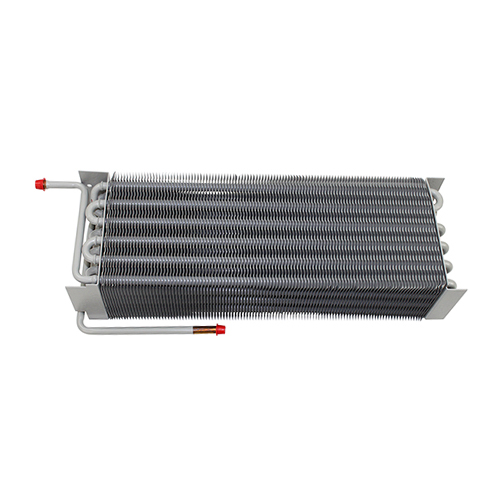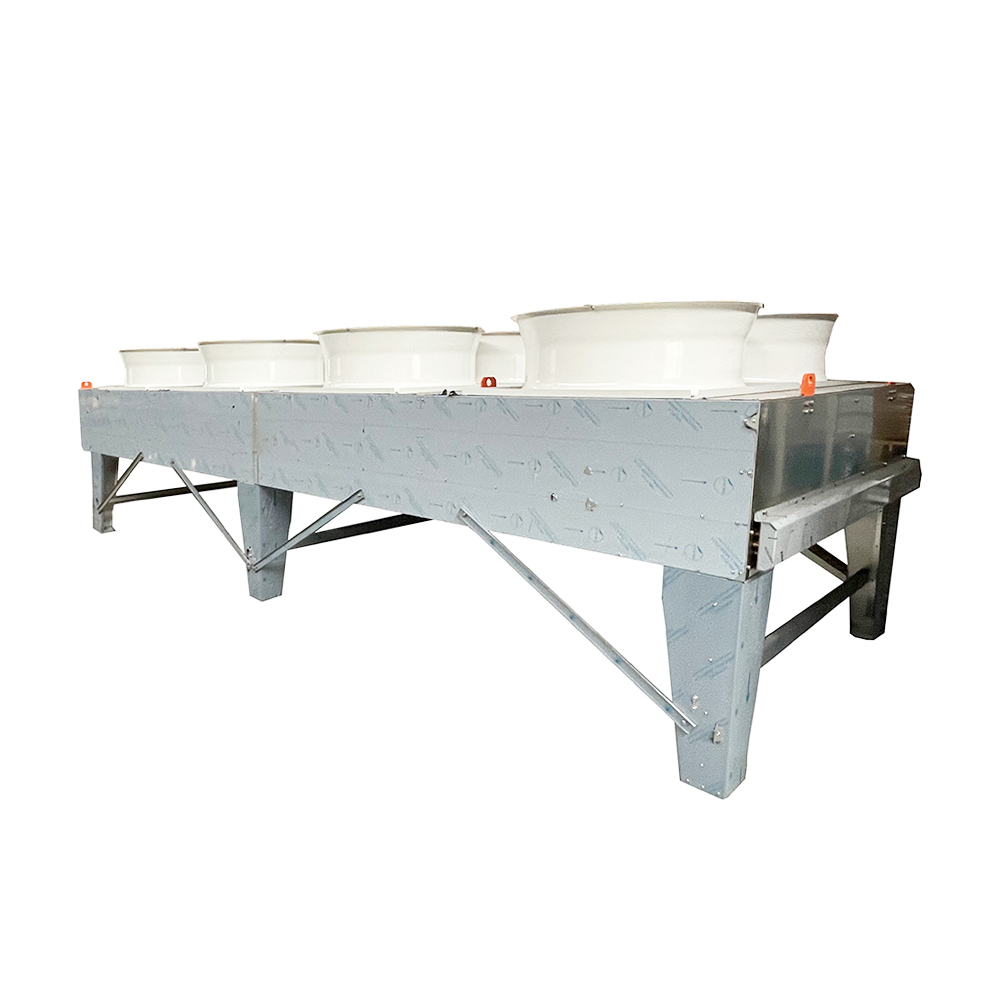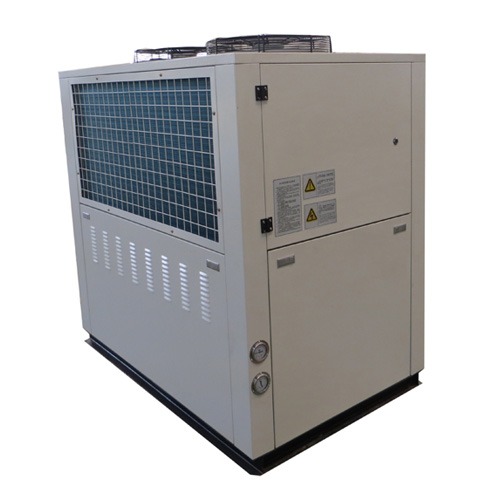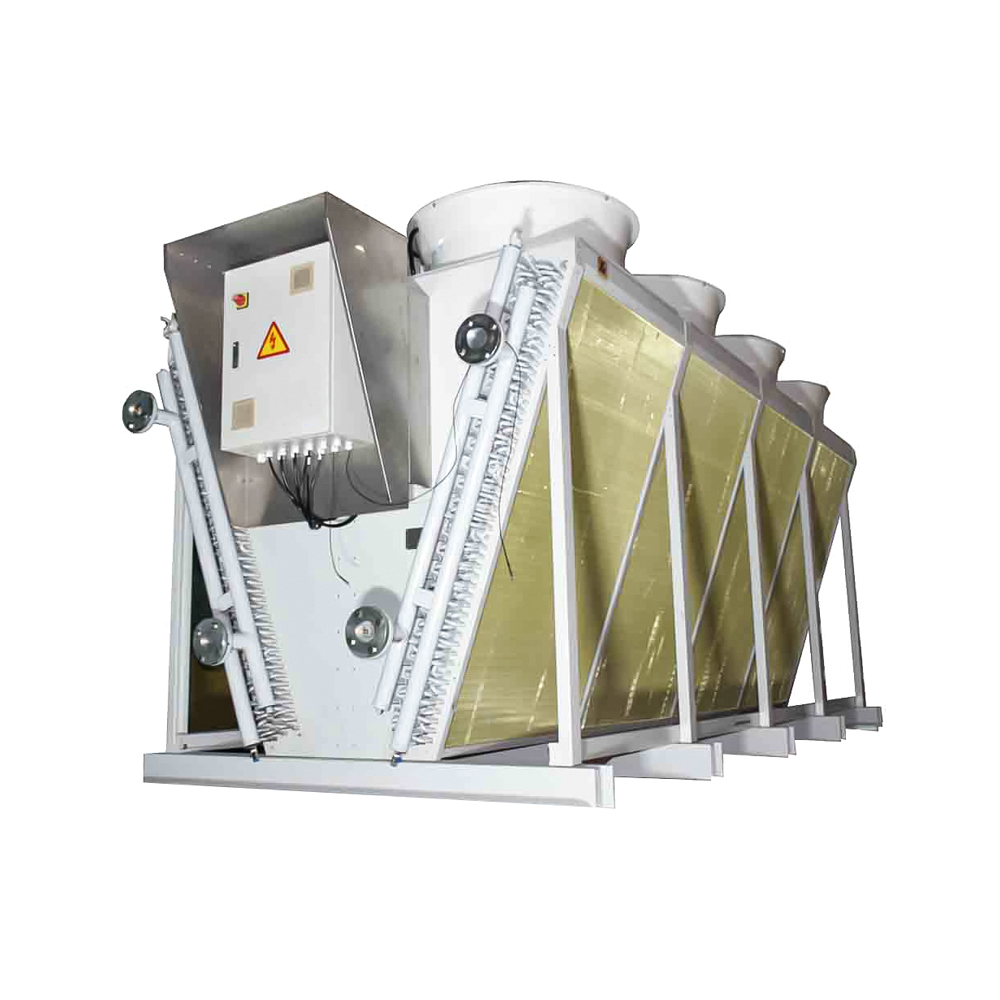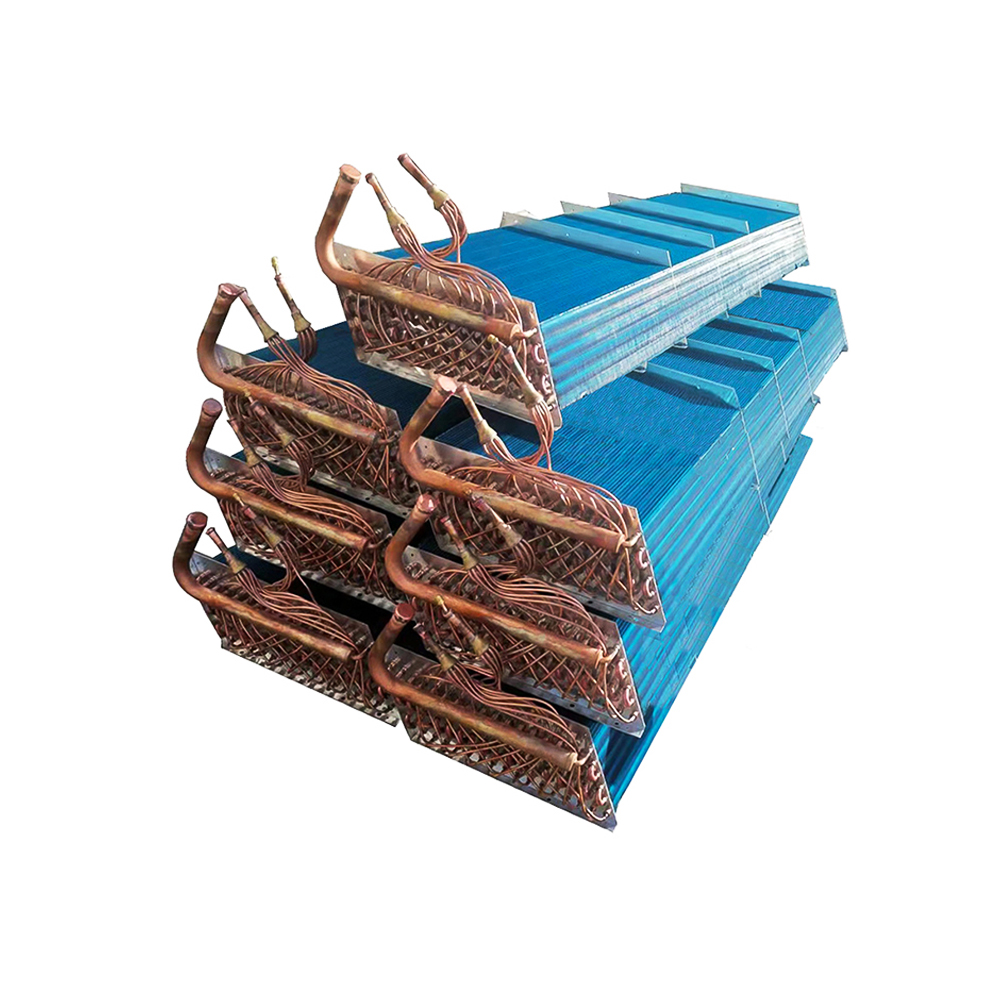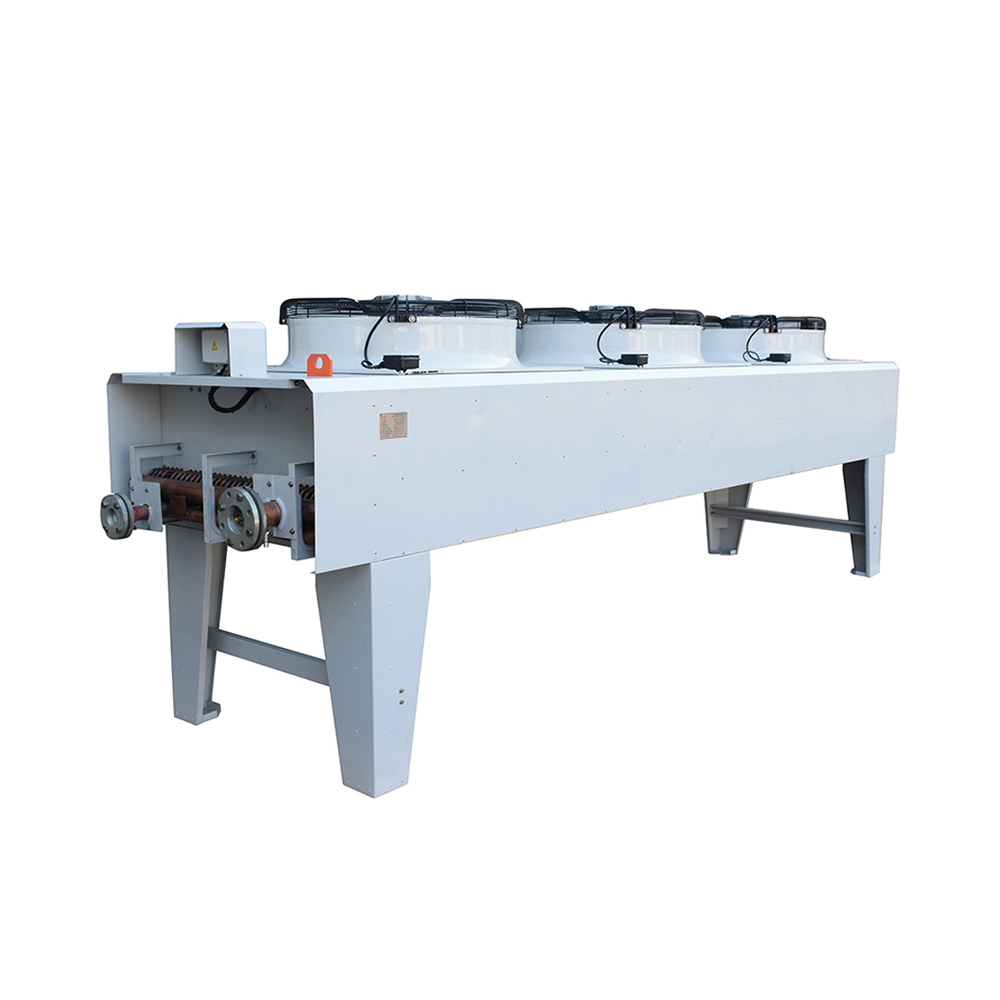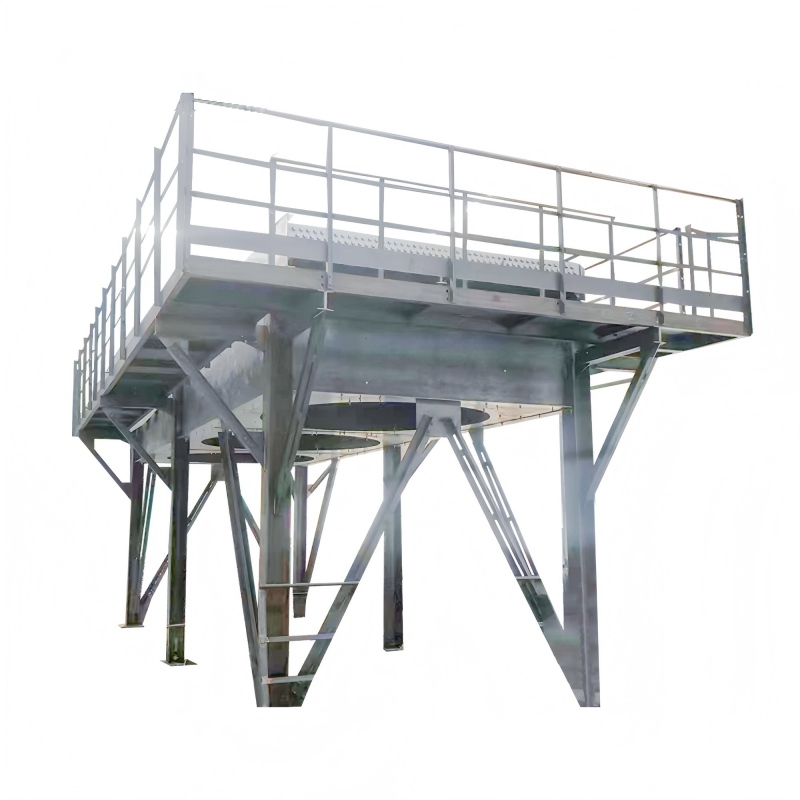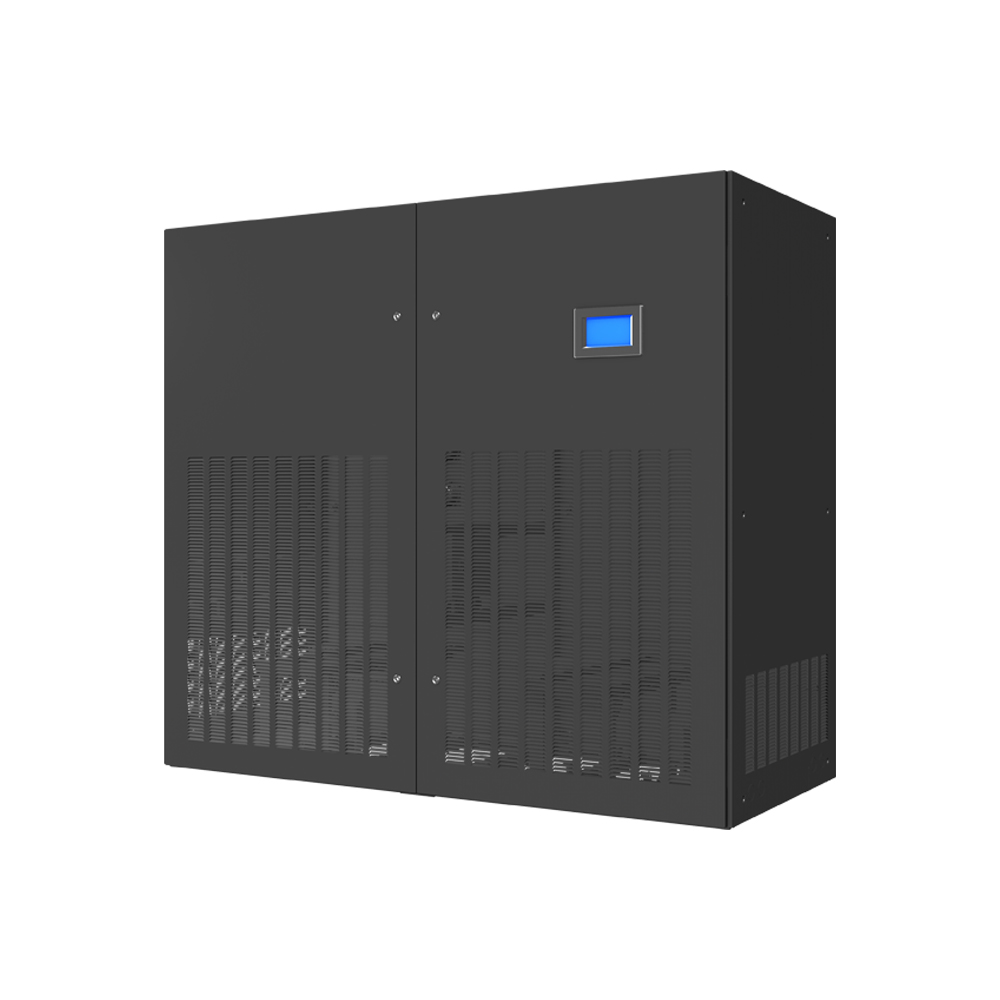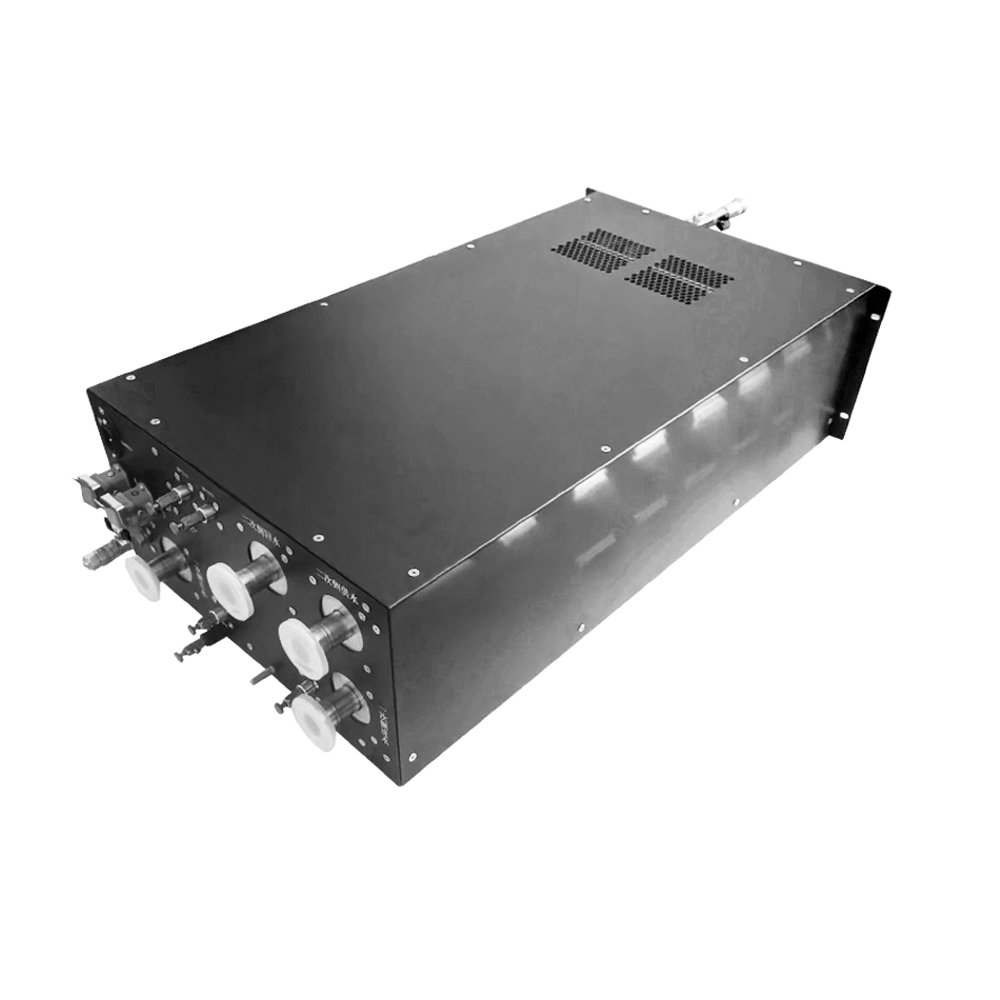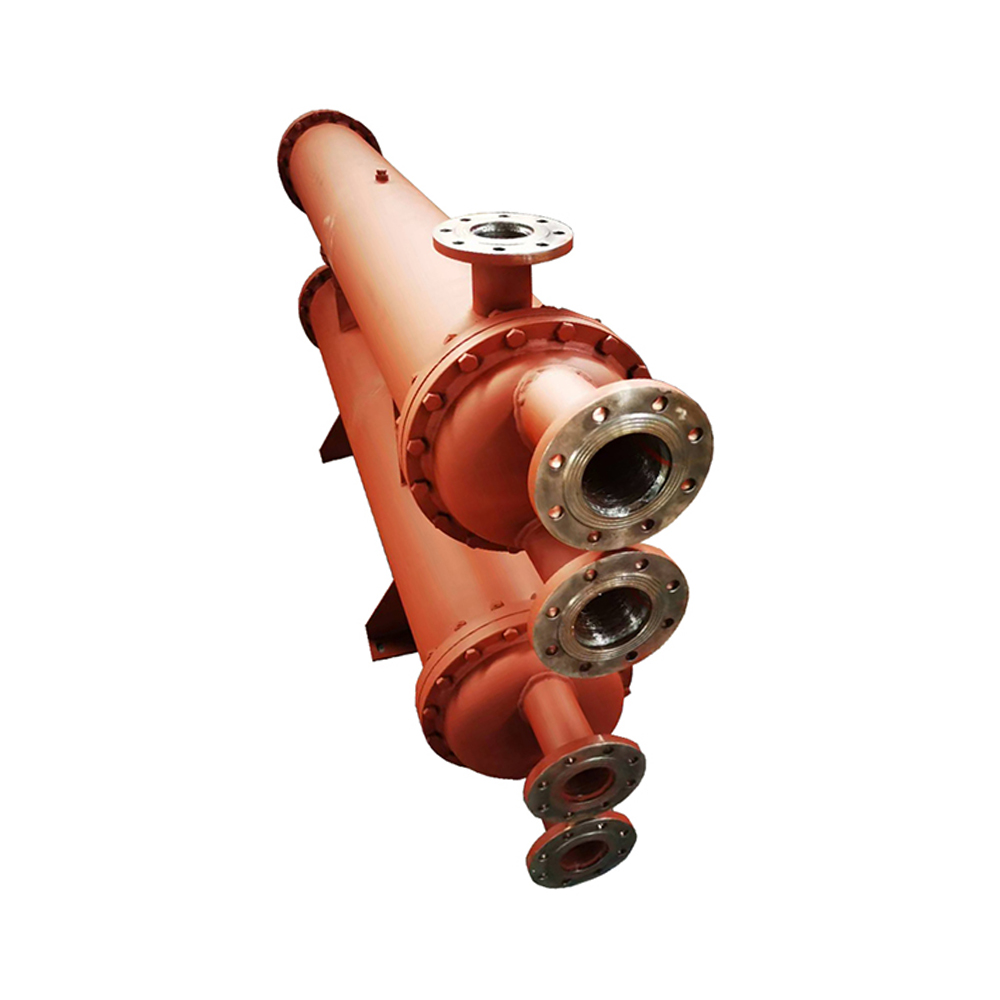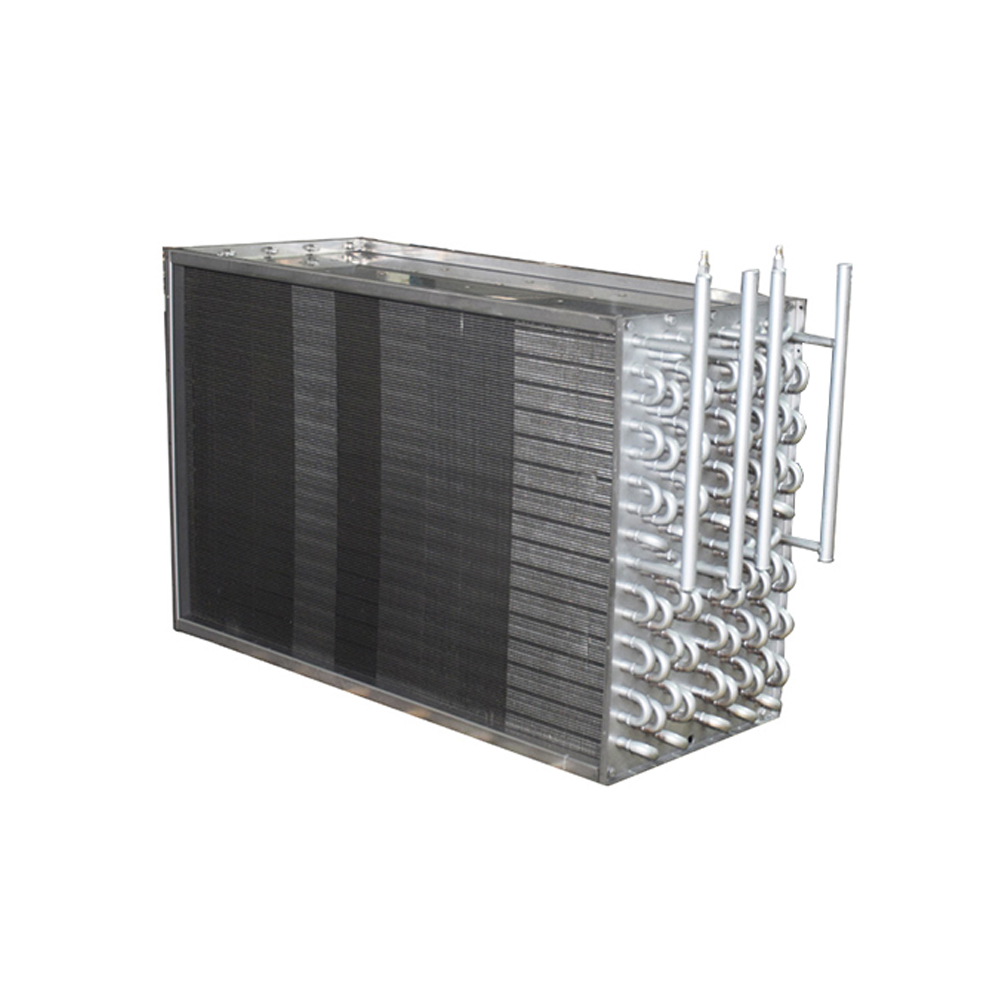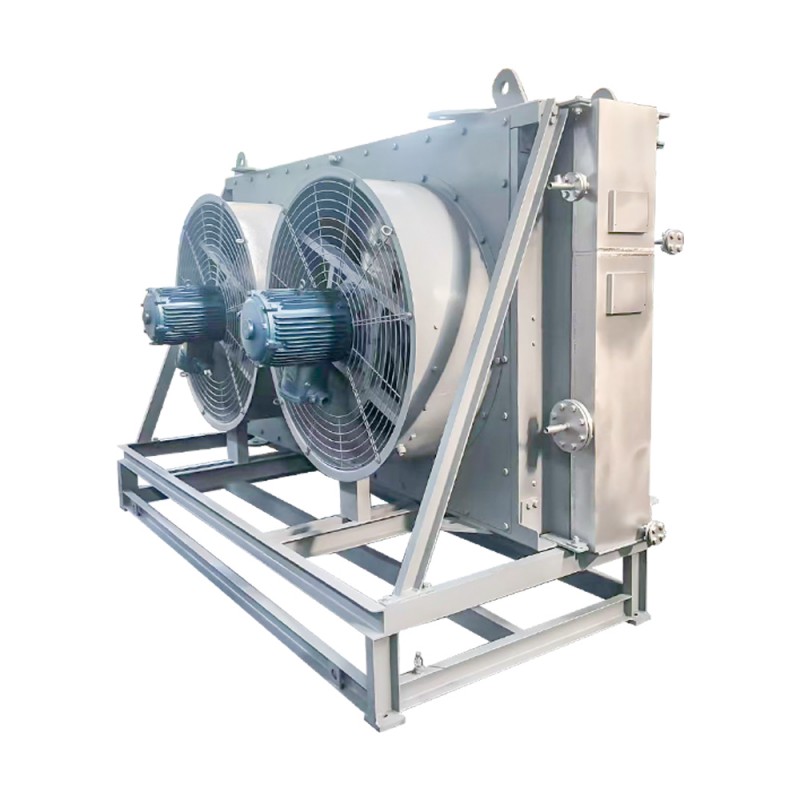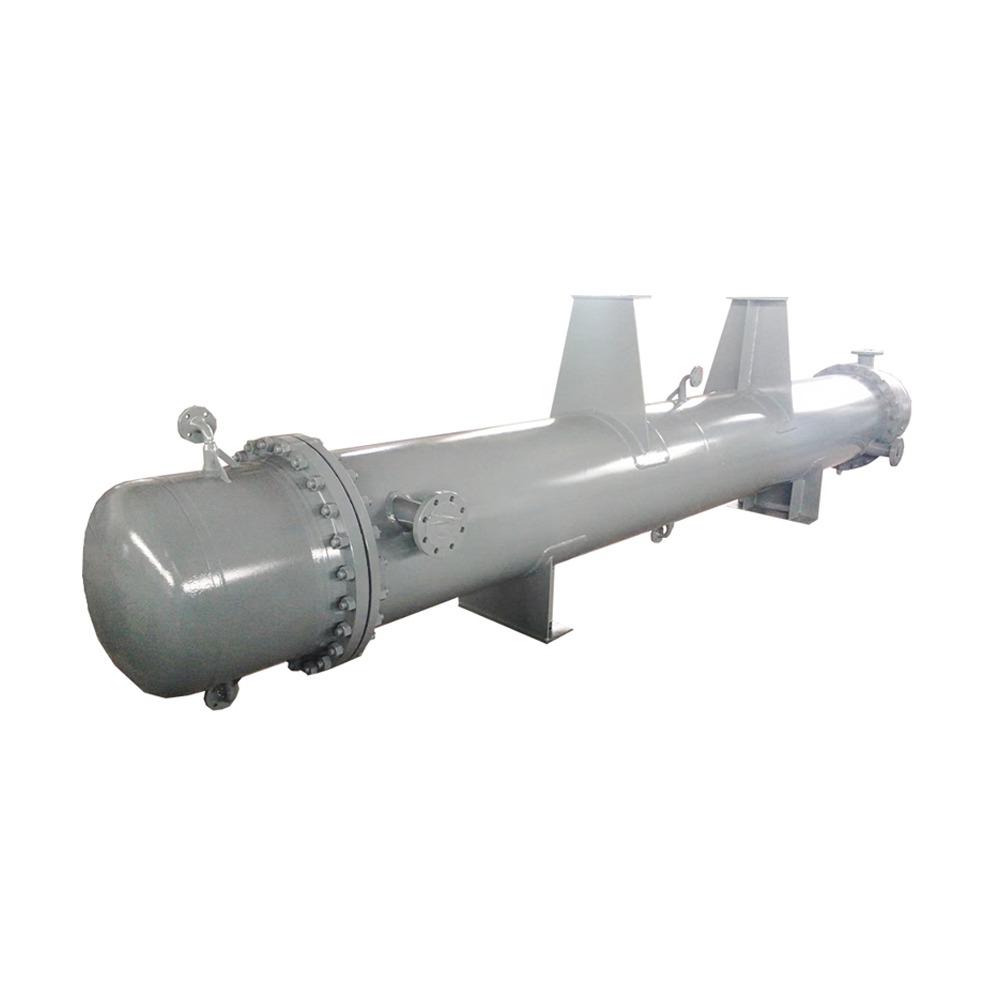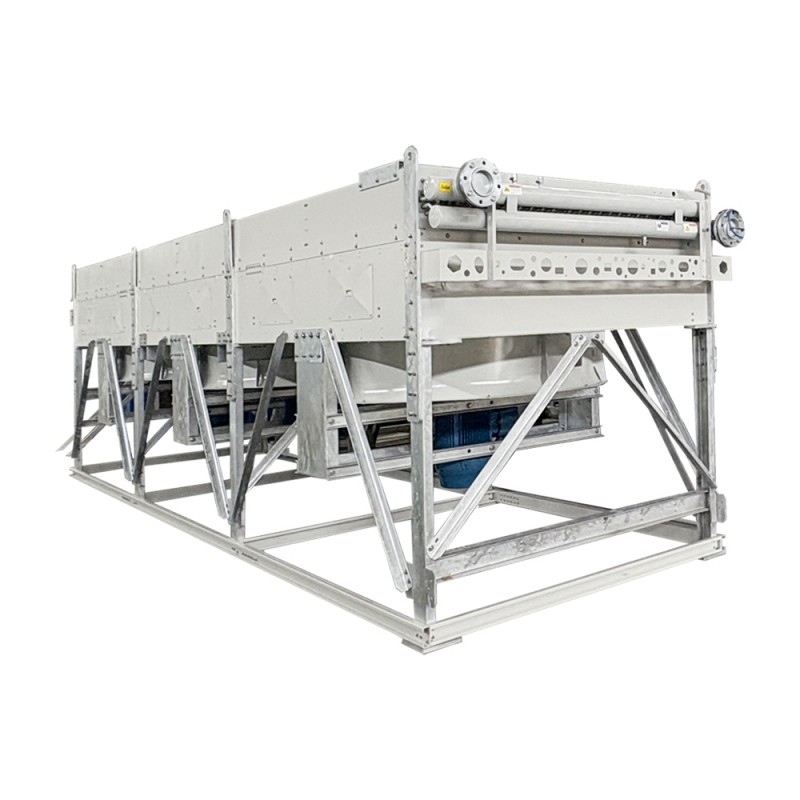Choosing the right refrigerant coil is crucial for efficient and reliable cooling systems. This guide provides in-depth information to help you select the optimal coil for your specific needs, covering various types, materials, and considerations for optimal performance. We'll explore factors like refrigerant type, capacity, application, and maintenance to ensure you make an informed decision.
Understanding Refrigerant Coils
What is a Refrigerant Coil?
A refrigerant coil, also known as an evaporator coil or condenser coil, is a heat exchanger component within a refrigeration or air conditioning system. It's a crucial part responsible for either absorbing heat (evaporator) or releasing heat (condenser) through the circulation of refrigerant. The design and material of the coil significantly impact its efficiency and longevity.
Types of Refrigerant Coils
Several types of refrigerant coils exist, each suited for different applications. These include:
- Finned Tube Coils: The most common type, featuring tubes with fins to maximize surface area for efficient heat transfer. These are widely used in residential and commercial HVAC systems.
- Plate Coils: Consisting of flat plates, these coils are often more compact and efficient for applications where space is limited. They're commonly found in smaller refrigeration units.
- Microchannel Coils: Utilize small diameter tubes to enhance heat transfer, leading to improved efficiency and reduced refrigerant charge. They are increasingly popular due to their environmental benefits.
Factors to Consider When Choosing a Refrigerant Coil
Refrigerant Type
The choice of refrigerant coil is intrinsically linked to the refrigerant used in the system. Different refrigerants have varying properties that dictate the materials and design of the coil. Compatibility is paramount to prevent leaks and corrosion. Common refrigerants include R-410A, R-134a, and R-32. Always consult the manufacturer's specifications for compatibility.
Capacity and Application
The required cooling or heating capacity dictates the size and type of refrigerant coil needed. Residential applications generally require smaller coils compared to commercial or industrial systems. The intended use (e.g., refrigeration, air conditioning, heat pump) will also influence coil selection.
Material Selection
Refrigerant coils are typically made from copper or aluminum. Copper offers superior corrosion resistance and heat transfer capabilities, while aluminum is lighter and more affordable. The choice often depends on the refrigerant type, budget, and system requirements.
Maintenance and Cleaning
Regular maintenance, including cleaning, is essential for optimal performance and longevity of a refrigerant coil. Accumulated dust and debris reduce efficiency. The ease of cleaning should be a consideration during the selection process. Some coils are designed for easier access and cleaning.
Choosing the Right Refrigerant Coil for Your Needs
Selecting the best refrigerant coil involves careful consideration of all the factors discussed above. For optimal performance and longevity, consult with a qualified HVAC professional. They can assess your specific needs and recommend the most suitable coil for your application. For high-quality and efficient cooling solutions, consider exploring options from reputable manufacturers like those found on sites such as Shanghai SHENGLIN M&E Technology Co.,Ltd. Their expertise and commitment to quality can significantly improve your system's performance.
Comparison Table: Common Refrigerant Coil Materials
| Material | Advantages | Disadvantages |
| Copper | Excellent heat transfer, high corrosion resistance, long lifespan | Higher cost |
| Aluminum | Lightweight, lower cost | Lower corrosion resistance, may require more frequent replacement |
Remember, investing in a high-quality refrigerant coil is an investment in the efficiency and longevity of your cooling system. Proper selection and maintenance are key to ensuring optimal performance and minimizing energy costs.









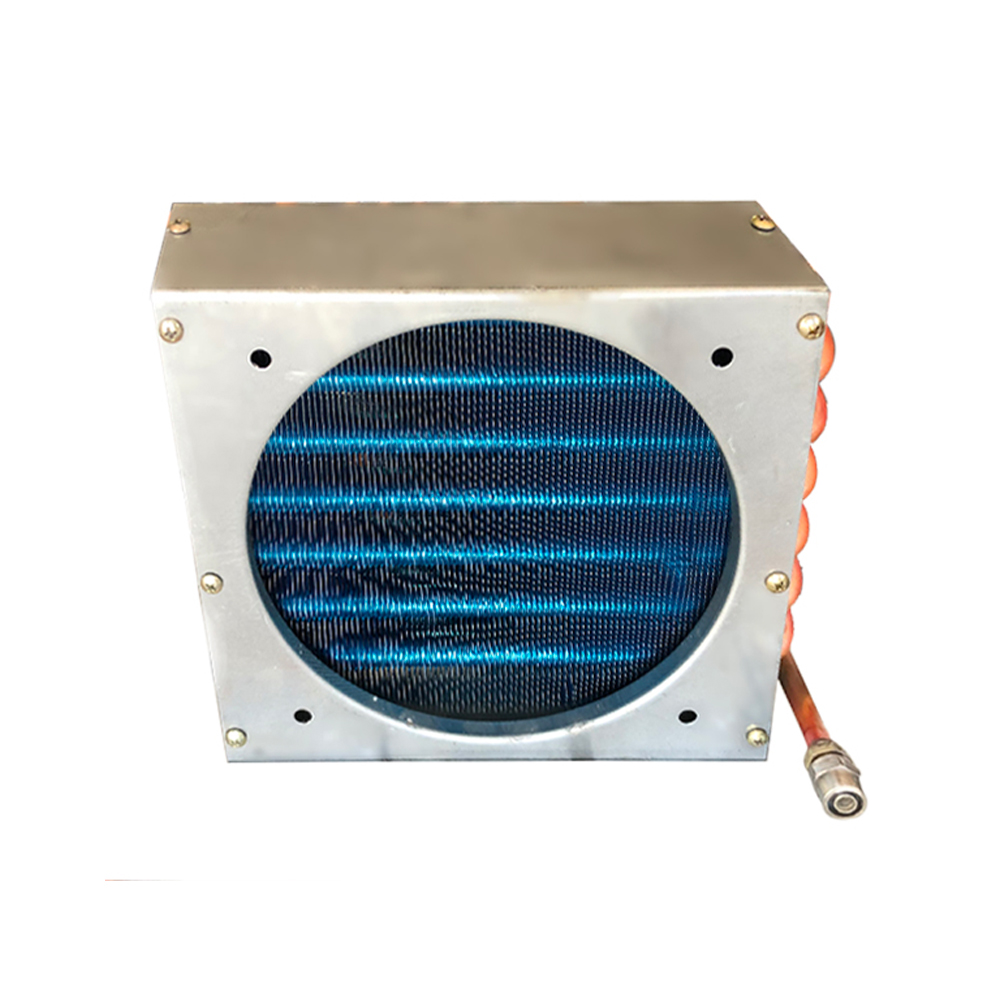
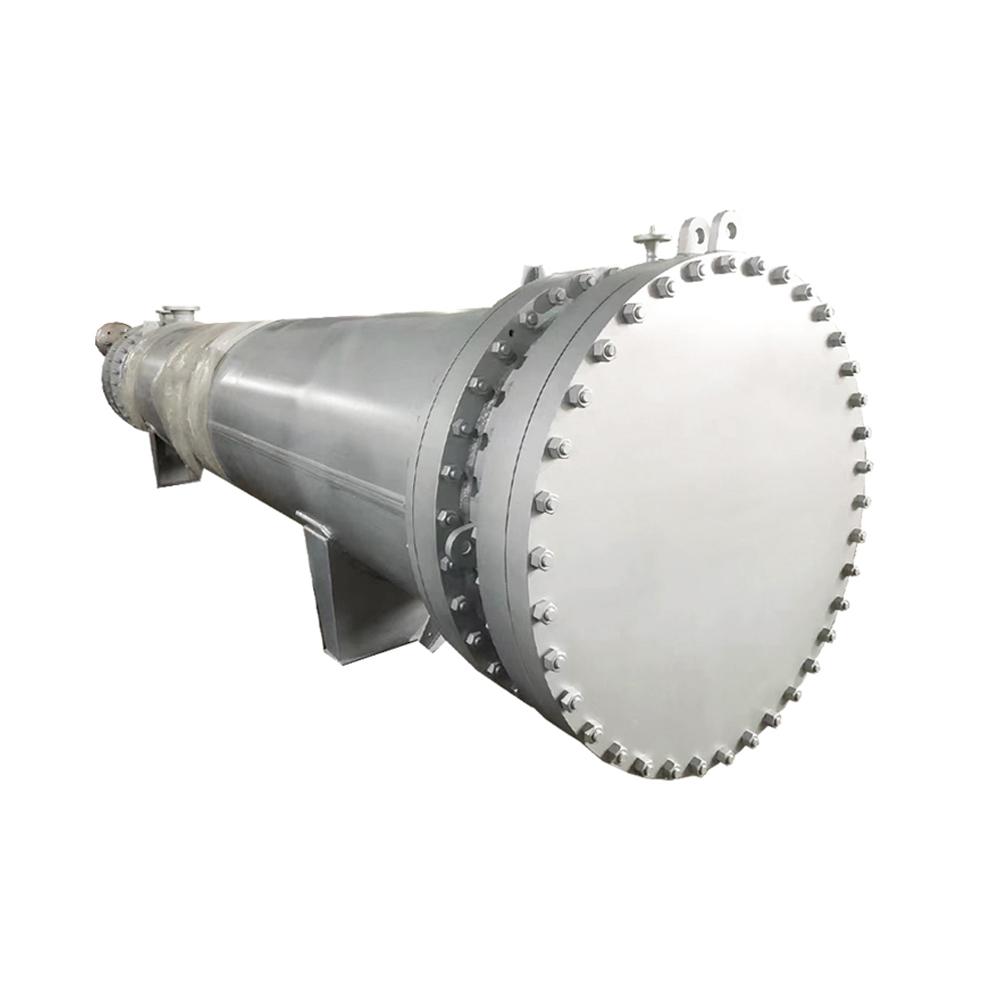
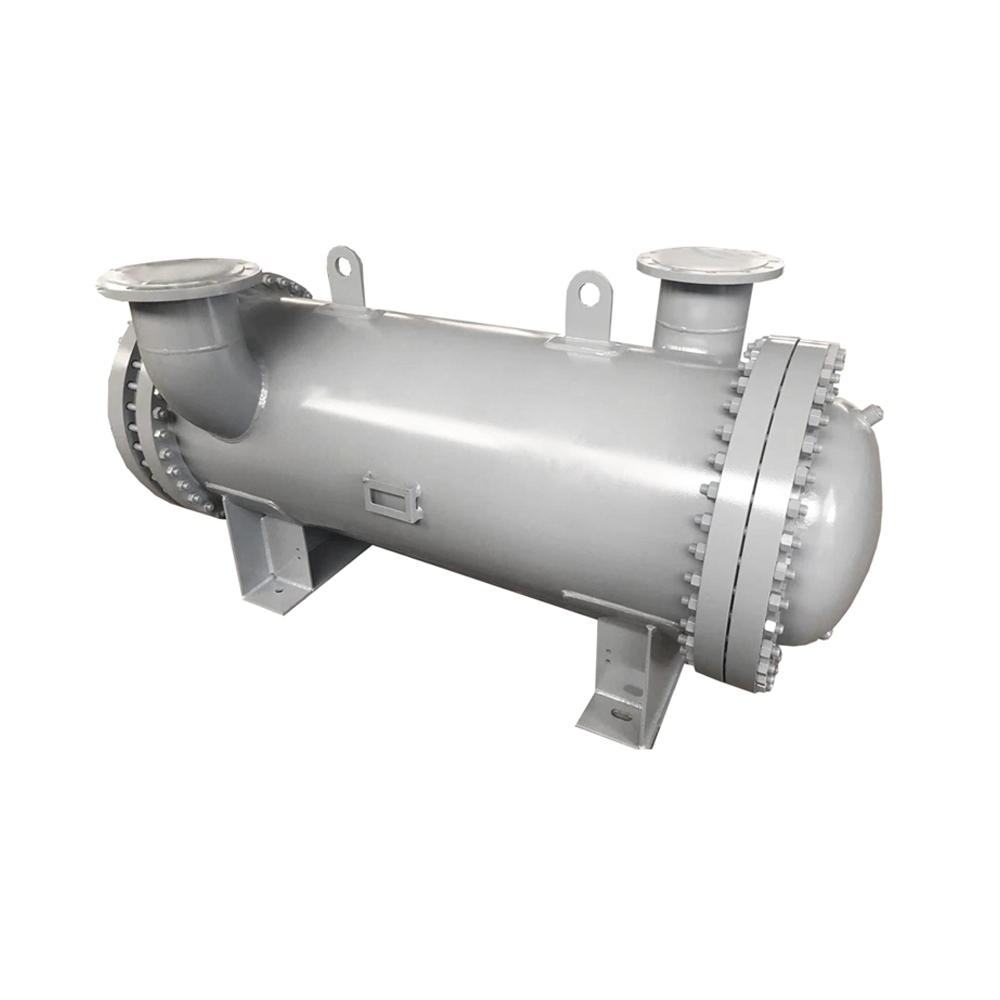
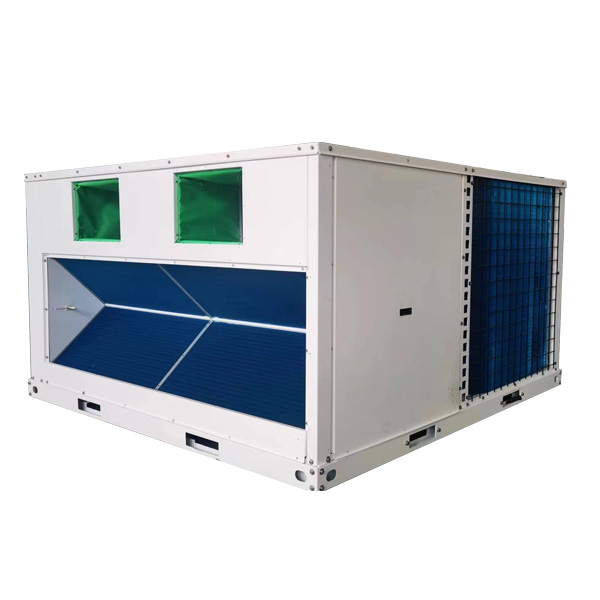
.jpg)
